A Guide to Start Your Rental Property Business

Embarking on a journey in the rental property business can seem like a daunting task at first glance. With a market that’s as fluctuating as the ocean waves, the idea of investing your hard-earned money into real estate or cars for rental purposes might give you pause. Yet, with the right approach, this venture can not only become manageable but also immensely profitable. This guide aims to demystify the process of starting a rental property business, providing you with a step-by-step approach to lay down a solid foundation, manage your investments effectively, and grow your business into a profitable venture. Whether you are drawn to the allure of real estate or the mobility of a car rental business, the principles of starting, managing, and scaling are fundamentally similar.
What is a Rental Property Business?
A rental property business involves purchasing or leasing properties with the intention of renting them out to tenants or customers. This can range from residential real estate, like apartments and houses, to commercial properties, and extend to niche markets such as vacation rentals and car rentals. The primary goal is to generate ongoing income from the rent collected, which ideally exceeds the costs of mortgages, maintenance, and management of these properties.
How to Start a Rental Property Business
- Define Your Business Goals
- Conduct Market Research
- Create a Website for Your Rental Property Business
- Signup/Login: Create an account or you can sign up using your gmail account as well. If you already have an account, then simply login.
- Create your Business Name: Write the name of your business. Also, you can change the name in future as per your needs.
- Choose your Business Category: Select the type of business you want to work on. For example: Business.
- Choose your style: Select the style that suits your business.
- Select - Get your Website: You’ll be directed to the app builder dashboard, where you have the options for website, domain, business email and AI chatbot. As we are building a website, select “Get your Website”.
- Edit the Content: Next, you will be redirected to the “Add Features” section, you can now edit the content for your website.
- Save the Information: After adding the content, simply click save and then go back to home to make more edits.
- Design & Customization: Click on design to create the website templates and design for your website.
- Manage system pages: Manage login/signup settings, language settings and terms & privacy policies here.
- Preview & Publish: Move to the website dashboard and click “Preview Website” to view your website. And then publish if you are satisfied with the content.
- Create a Business Plan
- Secure Financing
- Identify and Acquire Properties
- Set Up Property Management System
- Market and Advertise Your Rental Properties
Initiating your journey into the rental business begins with clarity. Define whether you're leaning towards real estate for long-term residential leases, eyeing the vacation market, or considering the flexibility of a car rental business. Your goals should reflect your interests, investment capacity, and the level of involvement you wish to have.
Understanding the market dynamics is crucial. For real estate, this involves analyzing local housing markets, tenant demographics, and rental rates. For car rentals, assess the demand, competition, and pricing strategies. Market research provides insights into where your business can fit and flourish within the industry.
Establishing an online presence for your rental property business isn't just beneficial; it's essential in today's market. A well-designed website acts as your digital storefront. Fortunately, with Appy Pie's intuitive Website Builder, crafting your site is simpler than ever. Whether you're highlighting available properties, sharing testimonials, or offering insights into your business, Appy Pie guides you through each step. From leveraging AI business name generator for the perfect business name to utilizing beautiful website templates, creating an online platform to sell online has never been easier. Plus, Appy Pie Experts are always on hand to assist you, ensuring your website not only meets but exceeds your expectations.
Here is how to create a website for your rental property business with Appy Pie:
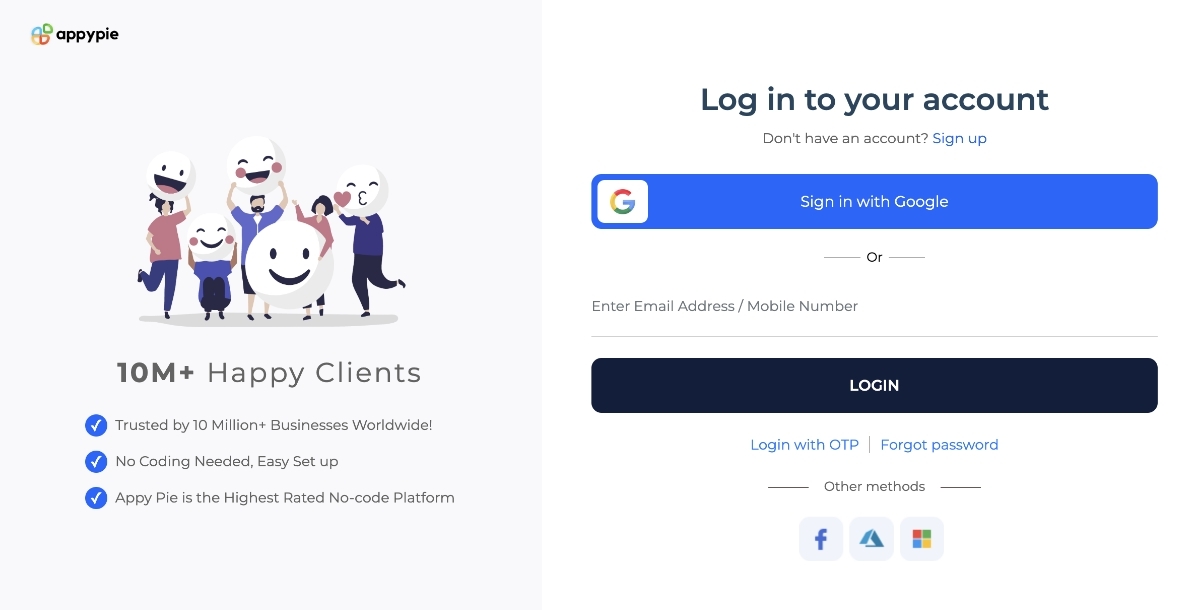
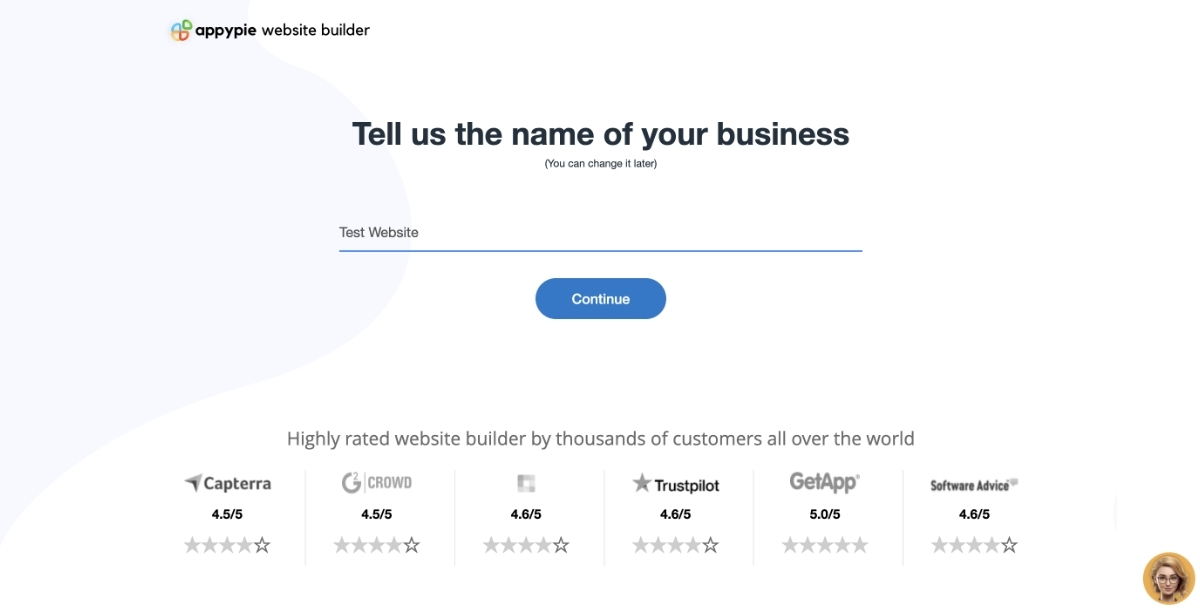
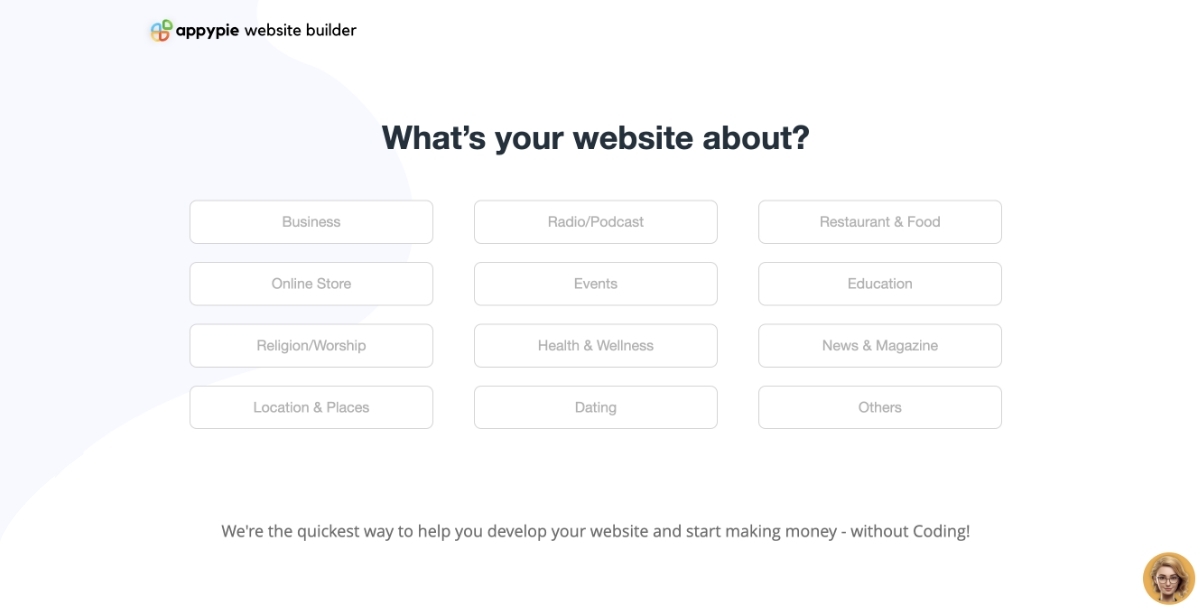
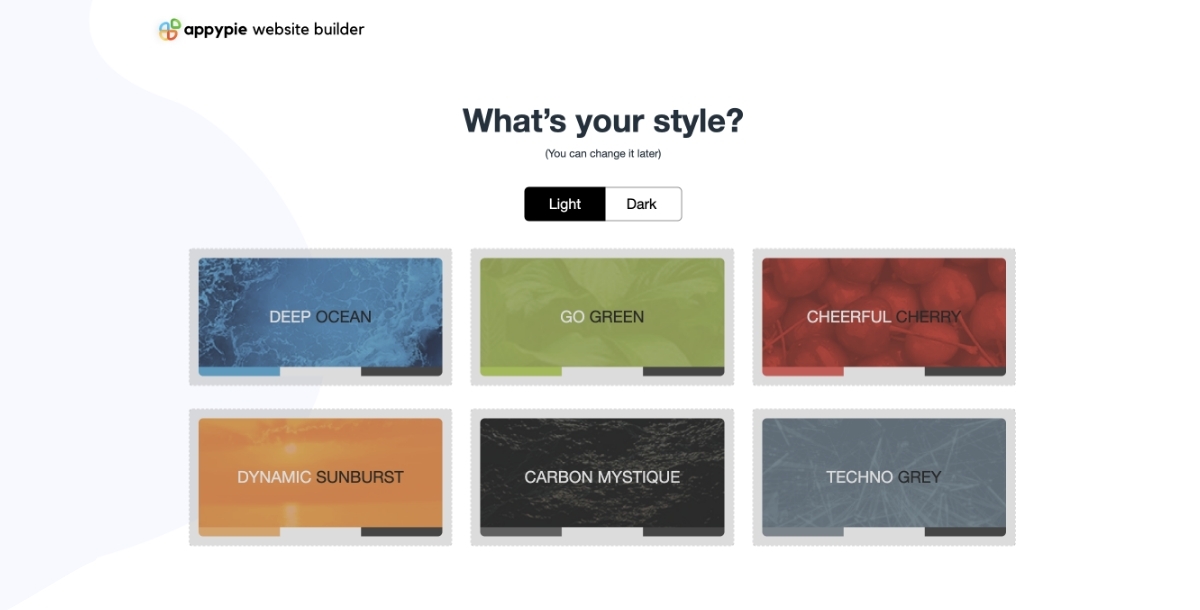
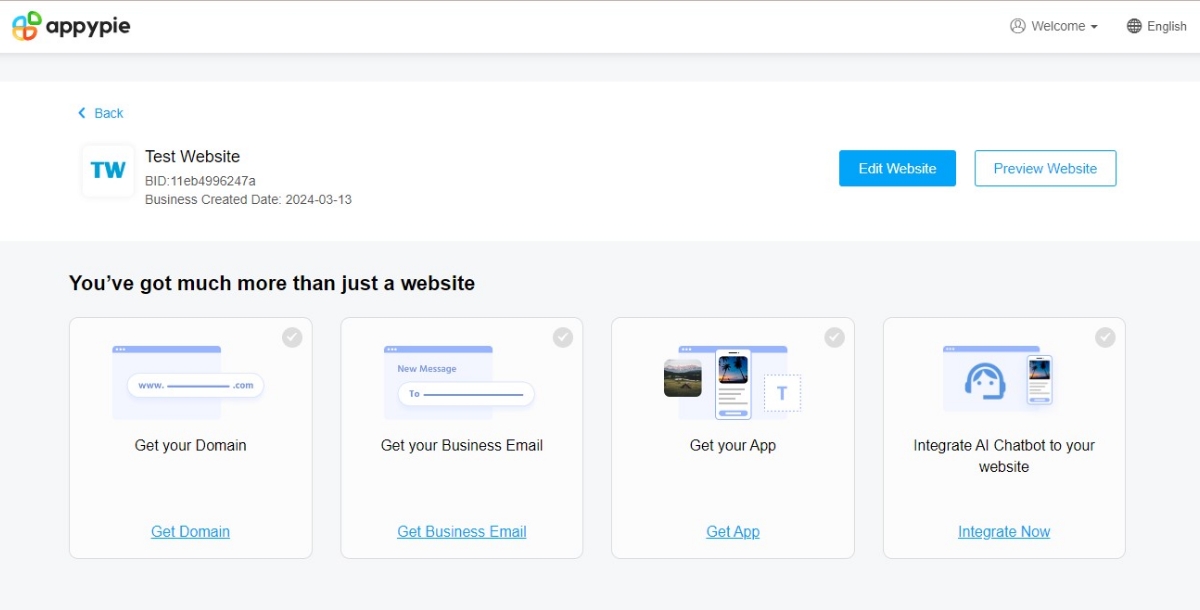
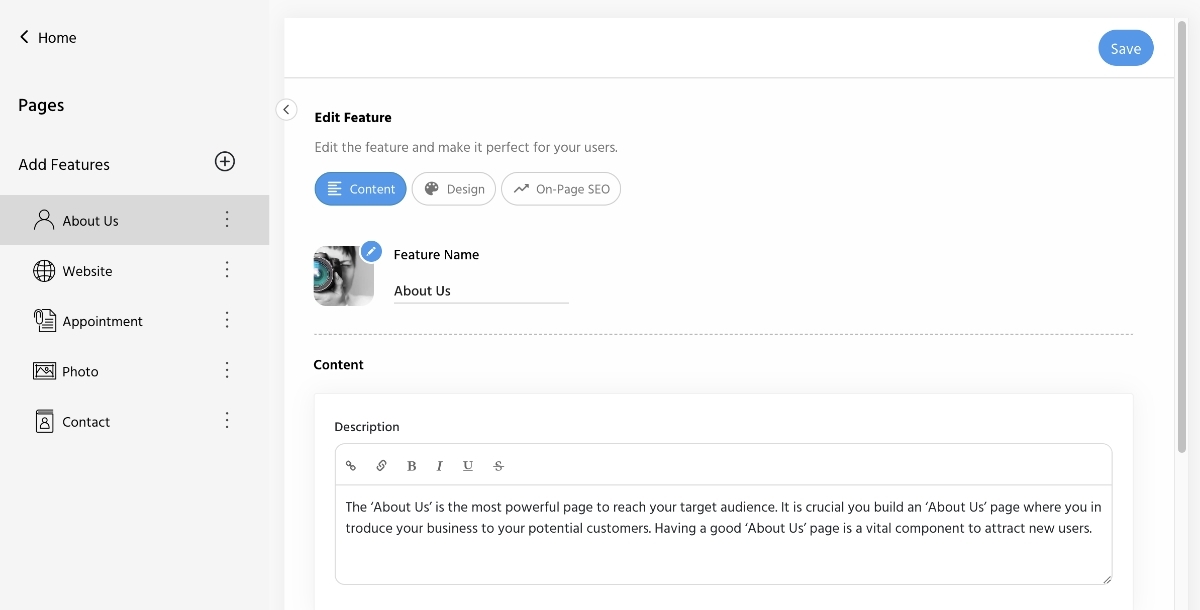
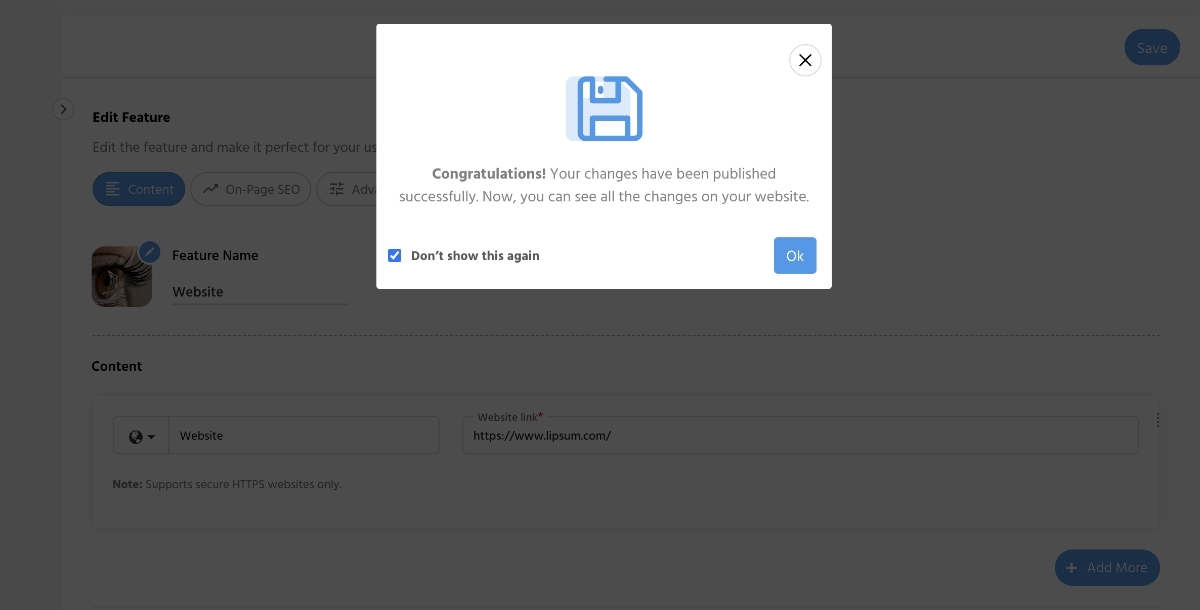
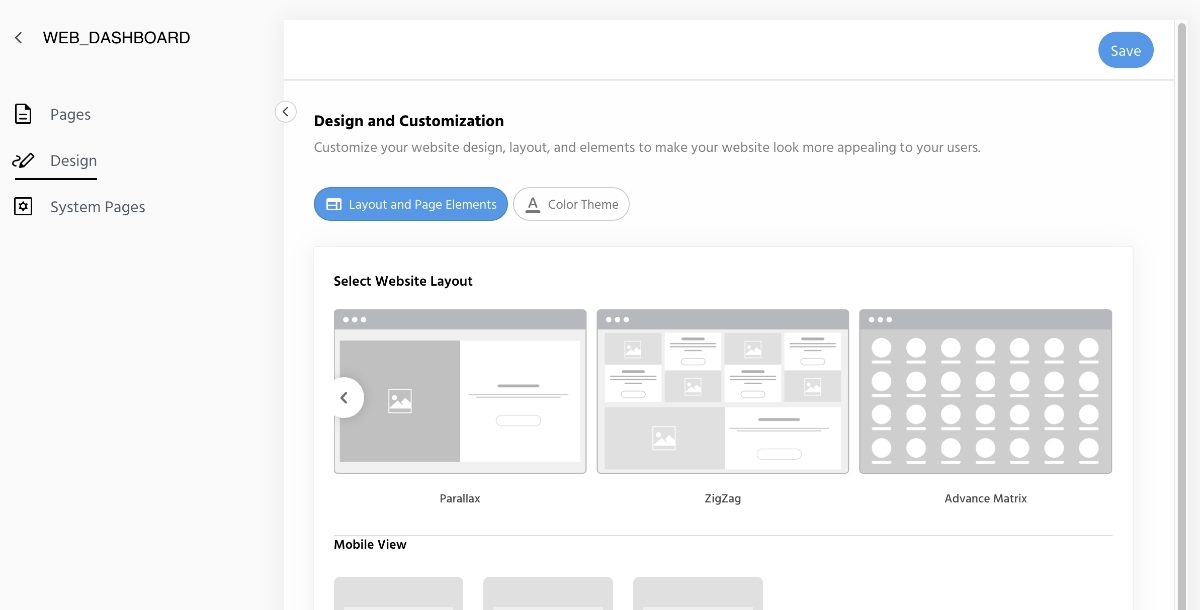
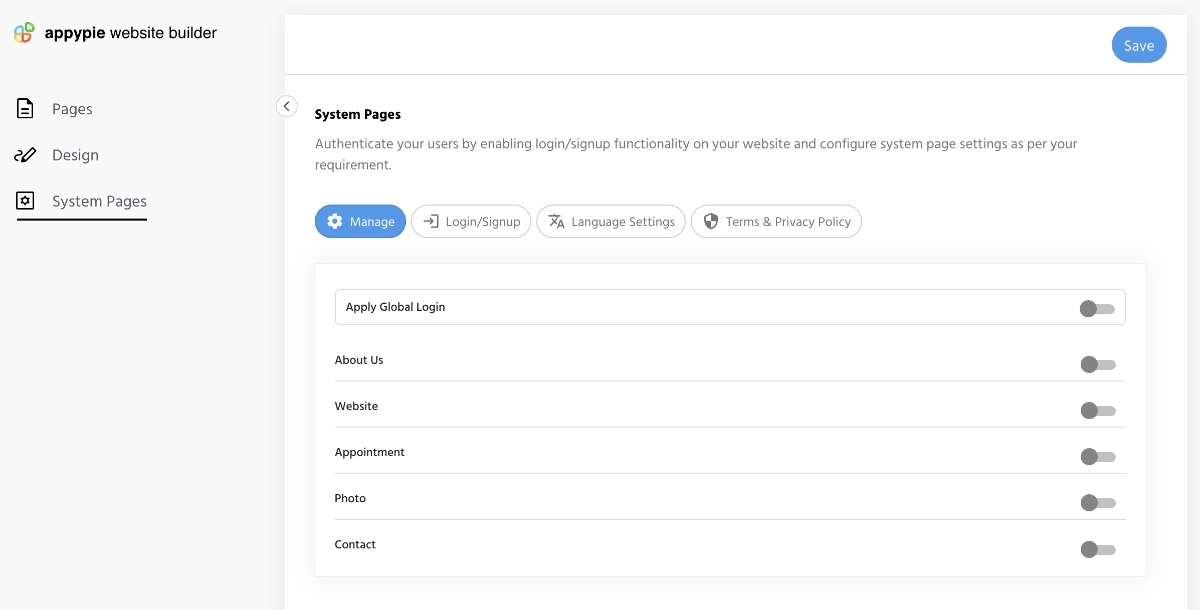
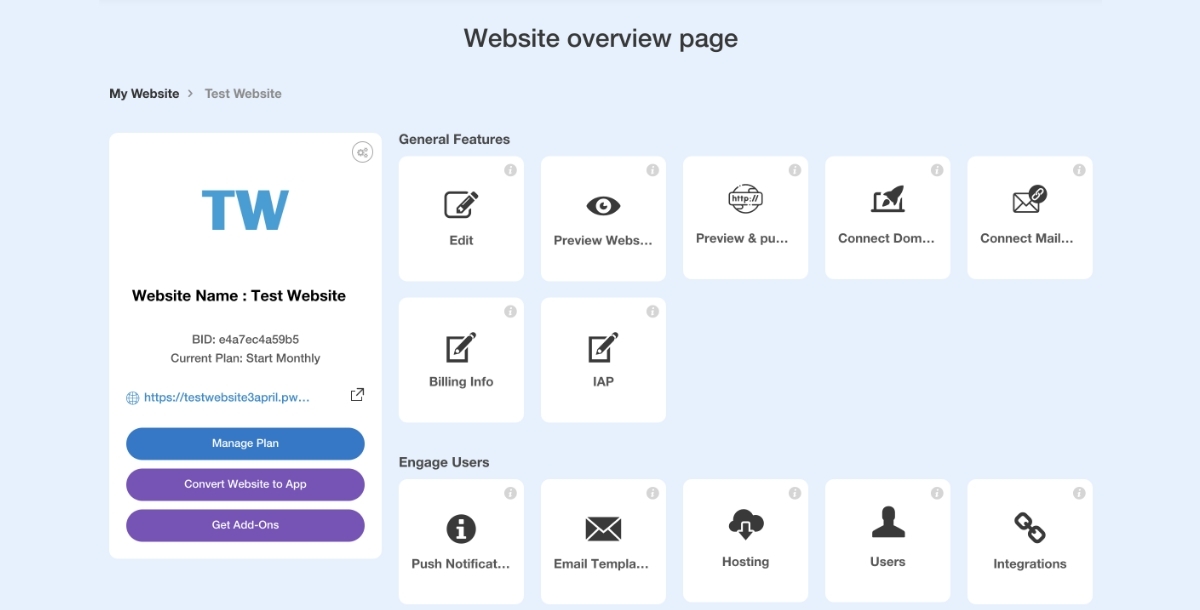
By following these steps, you can create a professional and effective website that showcases your expertise and attracts clients to your business. So, hire Appy Pie Experts to create your website.
A business plan is your blueprint for success. It should outline your business model, market analysis, operational strategy, financial projections, and marketing plan. This document is not only a roadmap but also essential for securing financing.
Evaluate how much capital you need to start and run your business until it becomes profitable. Options for funding include personal savings, bank loans, investors, or government grants. Ensure you have a clear understanding of the financial commitment involved.
For real estate, this means finding properties in locations with high rental demand and potential for appreciation. For car rentals, it involves selecting a fleet that meets your market’s needs. Perform due diligence to ensure your investments are sound.
Incorporating a property management system into your business plan is critical for streamlining operations. This decision hinges on whether you opt for self-management or enlist the services of a professional company. An effective system should seamlessly handle tenant communications, maintenance issues, and routine tasks, ensuring operational efficiency. Establishing clear protocols for these processes will significantly contribute to the smooth running of your property management endeavors.
Incorporating marketing and advertising strategies into your business plan is crucial for the success of your rental business. By leveraging online platforms and social media, alongside traditional advertising, you can effectively showcase your rental properties. Provide a comprehensive rental properties overview, emphasizing unique features and competitive pricing. This approach not only helps in starting a rental property business but also in sustaining and growing your customer base.
How to Write a Rental Property Business Plan
When starting a rental property business, crafting a comprehensive business plan is crucial for success. This roadmap outlines your vision for the company, detailing every aspect from market analysis to financial projections. A well-prepared business plan not only serves as a strategic guide for you but also impresses potential investors or lenders. It's where you'll articulate the essence of your rental properties overview, setting the foundation for your business journey. In the following sections, we'll explore the key components essential to your plan, ensuring a structured approach to launching and growing your rental property venture.
- Executive Summary
- Business Description:
- Market Analysis:
- Operational Plan:
- Marketing and Sales Strategy:
- Financial Plan:
This section serves as the gateway to your rental property business plan, succinctly highlighting your business idea, the specific segment of the rental market you aim to serve, and the unique benefits your business offers over competitors. It should capture the essence of your business model and spark interest in the detailed plans that follow.
Dive deeper into the rental property sector, outlining the structure of your business (e.g., LLC, partnership) and the types of rental properties or services you offer. Explain the significance of your business within the broader rental industry and any unique features or conveniences your properties provide.
Provide a comprehensive analysis of your target demographic, including age, income level, and other relevant characteristics. Describe the demand for rental properties within your target area, the gaps your business aims to fill, and your approach to addressing the specific needs and preferences of your target market.
Detail the logistics of day-to-day operations, including property management strategies, maintenance routines, and the delivery of exceptional customer service. Outline your approach to tenant selection, rent collection, property upkeep, and response to maintenance requests to ensure smooth property operations.
Lay out your blueprint for drawing in and keeping tenants. Discuss how you'll set rental prices to remain competitive yet profitable and the various marketing channels (online listings, local advertising, social media) you'll use to reach potential tenants. Highlight any promotional tactics or loyalty programs designed to enhance tenant retention.
Present a thorough financial forecast for your business, covering initial investment requirements, ongoing operational costs, and expected revenue streams. This should include detailed cash flow statements, profit and loss projections, and a break-even analysis to demonstrate the financial viability of your venture over the initial years.
Can a Rental Property Business be Profitable?
Yes, a rental property business can be highly profitable. The key to profitability lies in carefully selecting properties or vehicles that will generate a steady stream of income that exceeds your expenses. Real estate, in particular, offers the potential for capital appreciation over time, in addition to rental income. The car rental business, on the other hand, can yield significant returns, especially in tourist-heavy or urban areas where demand for short-term transportation solutions is high. Profitability, however, depends on effective management, strategic marketing, and maintaining high occupancy or usage rates.
How to Manage a Rental Property Business Effectively
Managing a property rental business requires a keen focus on several key areas to ensure its success and sustainability. From maintaining your properties to ensure they remain appealing to tenants, to the efficient handling of day-to-day operations, financial oversight, and building strong tenant relationships, every aspect contributes to the thriving of your rental venture. In today's digital age, creating a user-friendly website for your property rental business can significantly streamline operations, offering a seamless interface for bookings, payments, and maintenance requests. Here's a look at the essential components of effective property rental business management:
- Regular Maintenance and Upgrades: Keeping your properties or vehicles in top condition to attract and retain tenants or customers.
- Efficient Operations: Streamlining booking, payment, and maintenance requests through a property management system or software.
- Financial Management: Keeping accurate records of income and expenses, setting aside reserves for maintenance, and planning for future investments.
- Tenant or Customer Relations: Providing excellent service, addressing concerns promptly, and fostering positive relationships to encourage renewals and referrals.
How to Promote Your Rental Property Business
A successful rental property business isn't just about having great properties; it's also about how well you promote them. Effective promotion is key to standing out in a crowded market and attracting tenants. Whether you're looking to sell online or simply boost bookings, the right strategies can make all the difference. From leveraging the power of the web to tapping into the local community, here’s how you can put your properties in the spotlight and draw in your ideal clients.
- Online Marketing: Utilizing SEO, social media, and online advertising to reach your target audience.
- Networking: Building relationships with local businesses, travel agencies, or real estate agents can lead to referrals.
- Special Offers and Discounts: Attracting new customers with promotions, such as student discounts or introductory offers.
- Quality Content: Creating engaging content about your properties or services, including virtual tours or customer testimonials, can boost your online presence and appeal.
Features of Successful Rental Properties
Navigating the complexities of the rental market can seem daunting, but certain properties consistently rise to the top, becoming favorites among tenants and profitable assets for owners. For example, in the car rental business, success hinges on more than just having vehicles available; it's about understanding what makes a rental offering stand out. Similarly, when it comes to rental properties, there are key characteristics that contribute to their success, making them appealing choices for tenants while ensuring steady returns for landlords. Here's a closer look at what sets these properties apart:
- Desirable Location: Proximity to amenities, attractions, or major transport links can increase demand.
- Competitive Pricing: Offering value for money while maintaining profitability.
- Modern Amenities: Providing features or services that meet the needs and preferences of your target market.
- Flexibility: Adapting to market trends and customer feedback to improve your offering continually.
How to Start a Rental Property Business with No Prior Experience
Starting the rental property business without any experience might appear challenging, yet it's filled with potential for personal and financial growth. The path to mastering how to start a rental business involves a blend of self-education on the dynamics of the rental market and the nuances of property management. It also requires the wisdom that comes from mentorship by industry veterans, starting small to keep risks low and learning curve steep, and strategically building a team that complements your skills, including savvy real estate agents, adept property managers, and creative website designers. This holistic approach lays a strong foundation for starting a rental property business, turning novices into savvy entrepreneurs. It requires:
- Education: Learning about the rental market, property management, and legal requirements.
- Mentorship: Seeking advice from experienced professionals in the rental industry.
- Starting Small: Beginning with a single property or a small fleet of cars to manage risks and learn hands-on.
- Building a Team: Collaborating with real estate agents, property managers, and website designers to fill knowledge gaps and streamline operations.
How to Start a Rental Property Business FAQs
Q. Do I need a large amount of capital to start?
It depends on your business model. Starting small can reduce initial costs, and financing options are available.
Q: How long does it take to become profitable?
Profitability can vary, but with a solid business plan and effective management, most rental businesses start seeing profits within the first few years.
Q: Is it necessary to create a website?
Yes, a website is crucial for marketing your rental business, providing information, and facilitating bookings.
Conclusion
Starting a rental property business can be a lucrative venture with the potential for significant financial rewards. By following a structured approach—defining your goals, conducting market research, crafting a comprehensive business plan, and effectively managing your properties—you can set the foundation for a successful business. Embracing modern tools like Appy Pie’s website builder can streamline operations and attract customers in the digital age. Remember, the key to success in the rental business lies in understanding your market, delivering exceptional service, and adapting to the ever-changing landscape of the rental industry. With determination and the right strategies, you can build a thriving rental property business that stands the test of time.
Related Articles
- Dreaming Big- 40 Inspiring Mission and Vision Statements in Business
- 10 Best Smartsheet Integrations for Your Team in 2023
- How to Create a Customer Centric Strategy – A Comprehensive Guide
- Latest AI Models and Platforms designed for Text to Music Synthesis
- Top 100+ Birthday Captions for Instagram: Make Your Big Day Memorable
- Find 10 Best Meditating Apps And Learn How To Create An App
- Best Game Websites for Casual and Hardcore Gamers
- How to Force a Public WiFi Login Page to Open
- Building Bonds: 10 Ways to Build Customer Loyalty
- Master Sales Probing: 55 Key Questions to Engage Prospects
